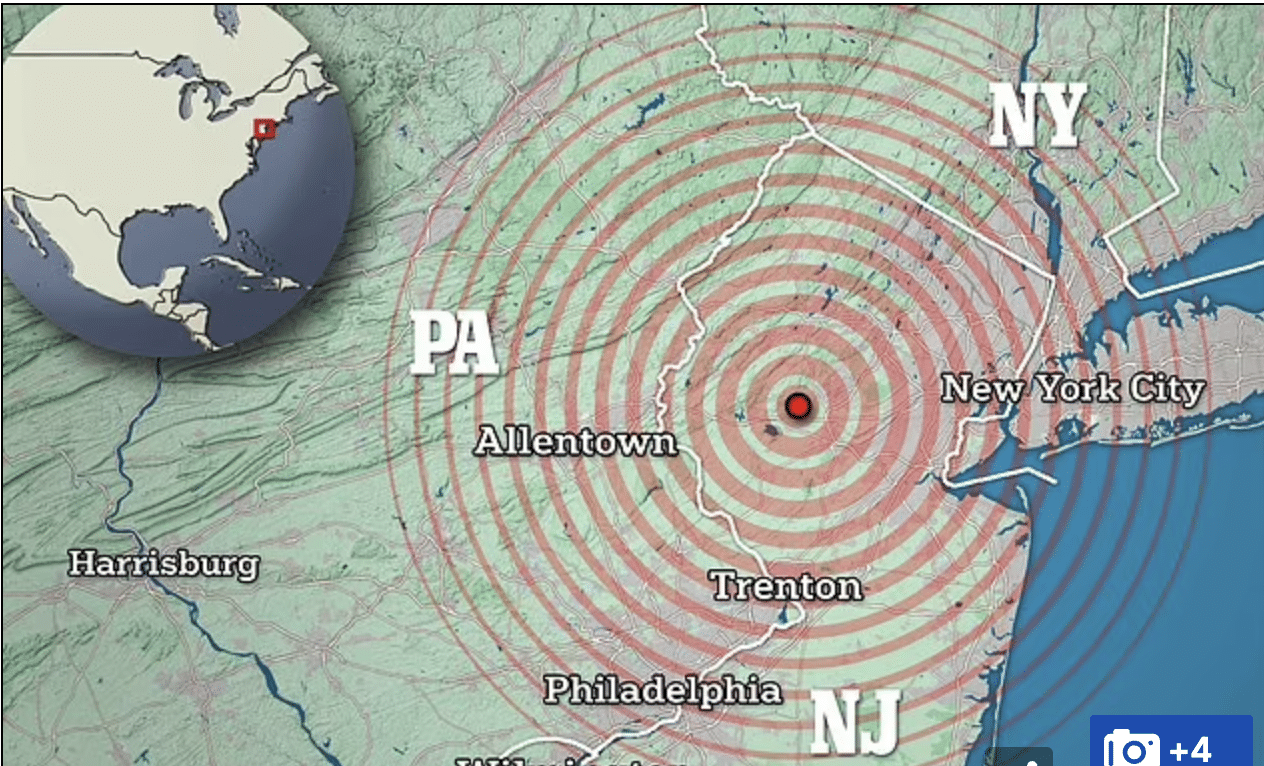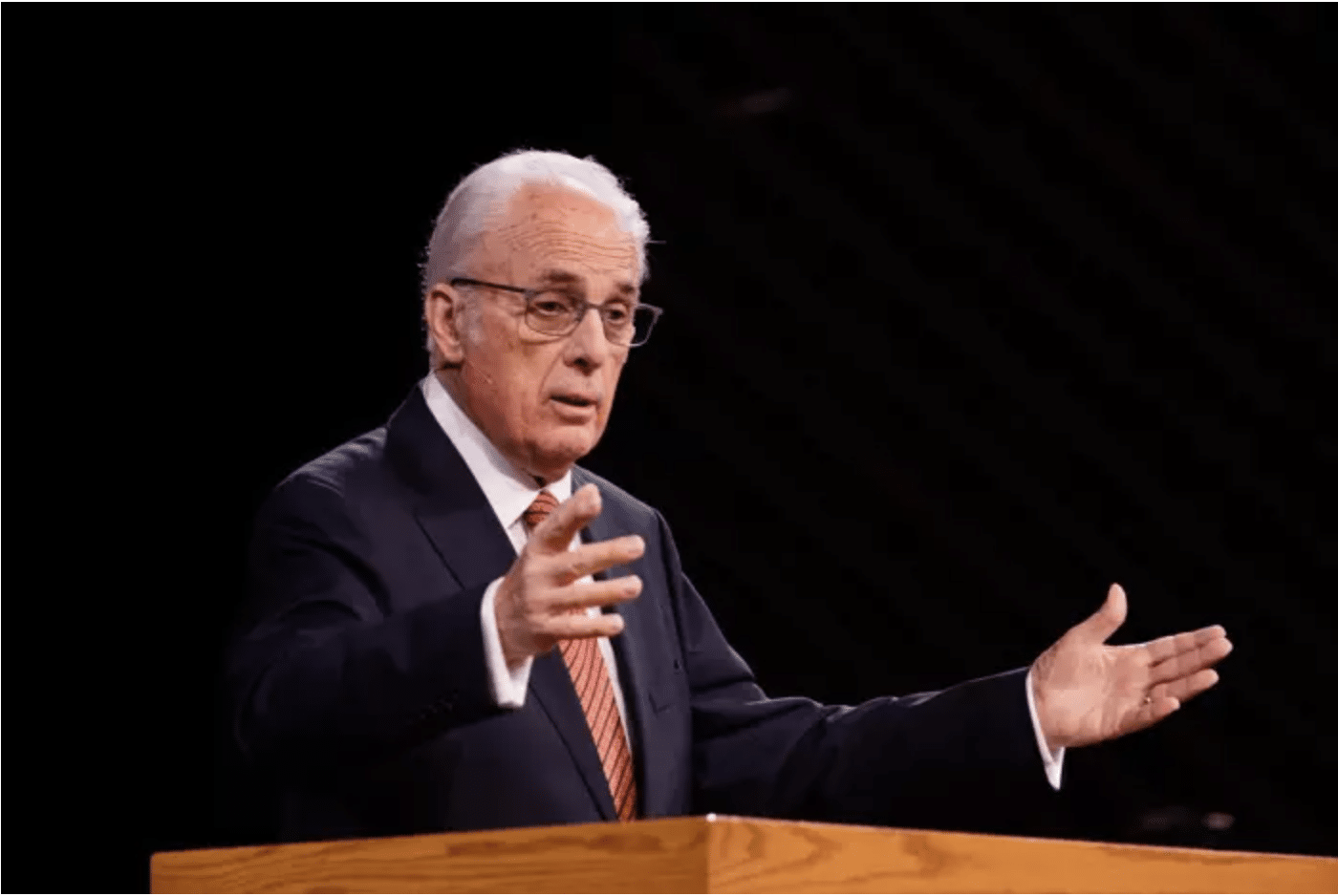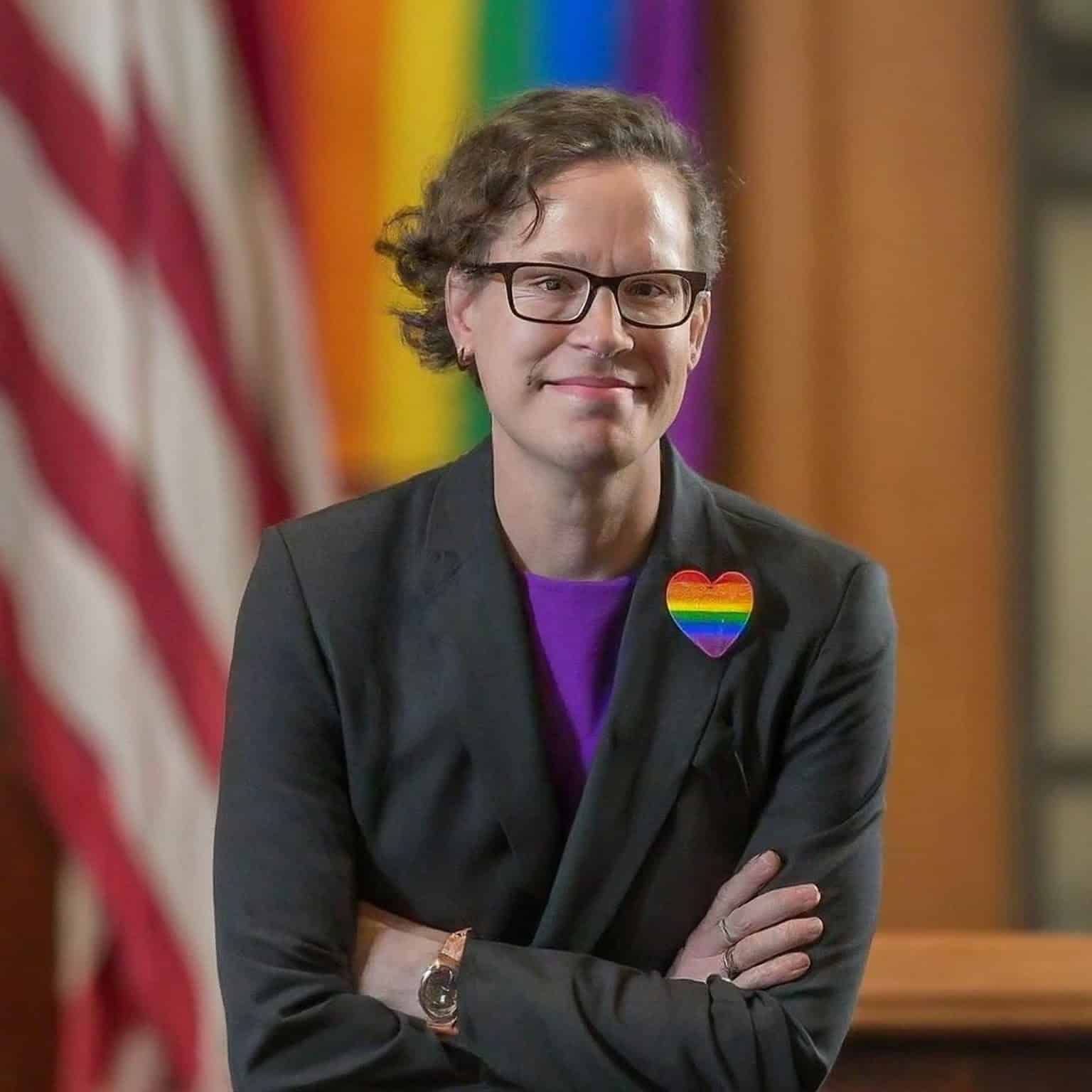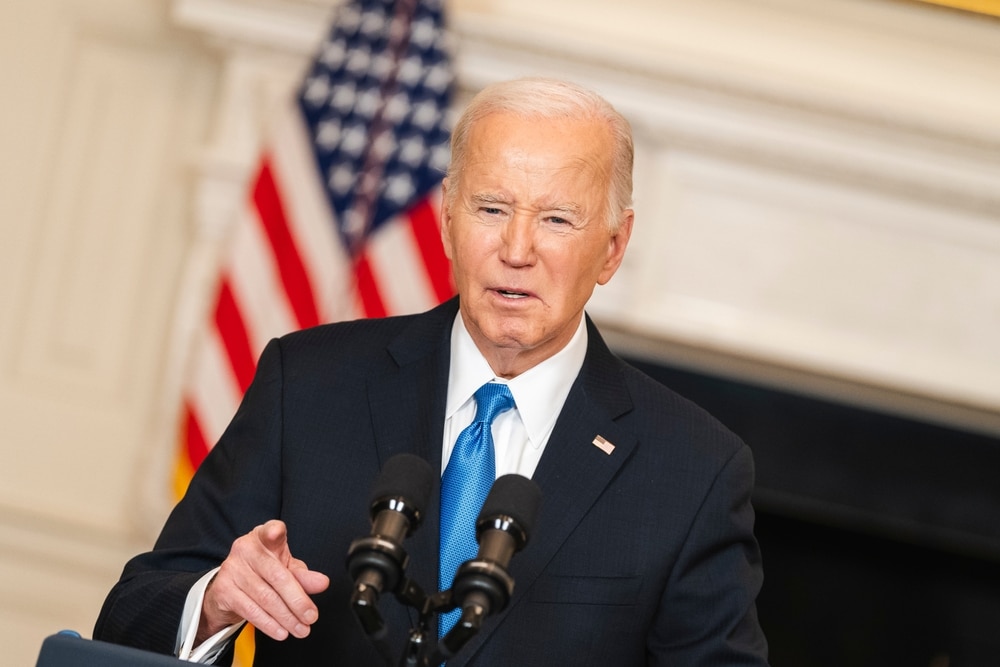New York Attorney General Letitia James is suing JBS USA, the world’s largest producer of beef, over the company’s emissions and for “greenwashing” by allegedly misleading the public about its environmental impact.
In an announcement, James noted that beef production has the largest greenhouse gas footprint of any major food commodity and that animal agriculture accounts for 14.5% of global greenhouse gas emissions.
According to James, JBS USA’s various net-zero pledges for 2030 and 2040 are therefore misleading and “not feasible” given the scope of its worldwide beef production operations.
“As families continue to face the daily impacts of the climate crisis, they are willing to spend more of their hard-earned money on products from brands that are better for the environment,” James said in a statement. “When companies falsely advertise their commitment to sustainability, they are misleading consumers and endangering our planet.”
“JBS USA’s greenwashing exploits the pocketbooks of everyday Americans and the promise of a healthy planet for future generations,” she added. “My office will always ensure that companies do not abuse the environment and the trust of hardworking consumers for profit.”
The lawsuit was applauded by state Democrats and national climate advocacy organizations like Earthjustice, Mighty Earth, Friends of the Earth US, Citizens Campaign for the Environment and Stand.earth.
“JBS repeatedly claims that it will reach net zero by 2040. This claim was found to be misleading and yet JBS continues to assert it,” said Peter Lehner, an attorney at Earthjustice.
“While it is critical for every company to reduce its climate change impact, JBS would need to implement enormous operational changes to achieve this goal. However, JBS is doing very little and is not taking anywhere close to the steps that would be required.”
In her announcement and lawsuit, James pointed to several instances in which JBS USA and its executives made pledges to reduce the company’s impact on the environment.
She also stated the company — which has a market cap of more than $10 billion and whose North American beef business earns tens of billions of dollars annually — has acknowledged consumers are more interested in sustainable products.

















